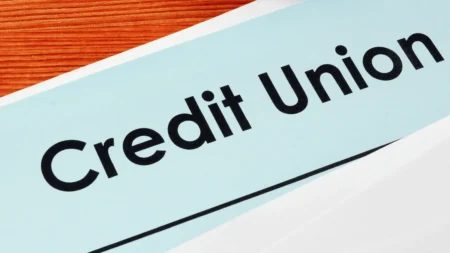Business owners in Canada who pay the GST (goods and services tax) or the HST (harmonized sales tax) on the goods or services may be eligible to claim input tax credits to reduce their total tax amount. This article will be reviewing input tax return in Canada; how it works, required information, the application process, etc.
What is Input Tax Credit?
Also known as ITCs, input tax credits are credits that some Canadian businesses can claim for taxes paid on items bought to produce their goods and services. We can say it is the sum of the GST/HST businesses spends on eligible business expenses.
As a business owner, you can use input tax credits to recover some of the sales tax you paid on purchases and expenses incurred in your business while you prepare the tax return for your business.
To be eligible to use ITC, you must be registered for the GST/HST. Also, you must stay updated on all the GST/HST paid on eligible purchases and expenses.
Eligible Business Expenses
Below are some of the eligible business-related expenses you can claim ITCs on:
- Commercial rent
- Renting of equipment
- Advertisement fees – ads, business cards or flyers
- Legal, accounting and other professional fees
- Home office expenses – with restrictions
- Motor vehicle expenses – with conditions
- Delivery, freight and express charges
- Maintenance and repairs
- Office expenses – postage, computer disks, paper and pen
- Telephone and utility fees
- Merchandise and inventory
- Travel fees except for meals and entertainment related to travel
- Convention fees (with restrictions)
- Capital properties (photocopiers, computers, cash registers, machinery, vehicles, furniture appliances and so on)
Non-Eligible Business Expenses
Below are some of the non-eligible expenses you cannot claim ITCs on:
- Goods and services purchased for personal use
- Imported or purchased taxable goods and services to provide non-taxable goods and services
- Membership dues or fees for recreational club, dining or sporting facilities
- Some capital properties
How Input Tax Credit Works in Canada
Besides having eligible expenses to claim ITCs on, your business must be registered for either the GST or the HST. You must also have bought, imported or brought in your goods into a participating province in Canada for consumption, utilization or supply during the period of your normal business activities. Also, you need to pay GST/HST on the goods.
Your purchases must also be reasonable and significant in quality, nature, and cost concerning the nature of your business. New registrant may also be eligible for ITC on the GST/HST paid or payable on property like inventory, capital property, real property that you possessed for use in your business activities when you became a registrant.
Once you meet the required eligibility requirement, you need to track all your expenses, especially the business-related ones, to claim the credits on your sales tax.
You should ensure that all receipts are kept for records and support your claims should the CRA request them. The receipts should contain certain information we will be discussing below.
ITCs have deadlines, after which they cannot be claimed. For most Canadian businesses, including deemed financial institutions, ITCs must be claimed within four years of the due date of the tax return you’re claiming them for.
However, for businesses with excess annual revenues of about $6 million and some financial institutions only have two years as their deadline.
Claiming Input Tax Credit in Canada
When you file your sales tax return (either GST or HST), your ITCs should be inputted on line 108 or line 106 for online filers and paper filers, respectively, on the return.
The credits will then be deducted from the final amount of sales tax you own. Below are some of the records you need to provide along with the information they should contain to back your claims;
- Receipts
- Invoices
- Contracts
For your receipts and invoices, the following information should be provided:
- The business/trading name of the supplier or the middleman
- Date of invoice and in the case of no invoice, the date the tax is paid or payable
- The total amount paid or payable
- An indication of the total amount of sales tax (both GST and HST) charged except for invoices under CA$30.
- The business number of the supplier or the business number of the middleman except for invoices under CA$30
- Your trading name or the name of the authorized agent or representative for invoices of CA$150 and above
- A description of the goods and services for invoices of CA$150 and above
- The terms of payment for invoices of CA$150 and above.
- An indication of items that are taxed at the GST rate and HST rate, respectively, except for invoices under CA$30
Conclusion
An input tax credit is a means devised by the CRA for business owners to recover the GST/HST paid on business purchases and expenses. That is, you cannot claim it on personal assets.
Note that input tax credits are basically for claims made to your business. Also, all purchases and expenses must be deemed reasonable before you can lay claims.












